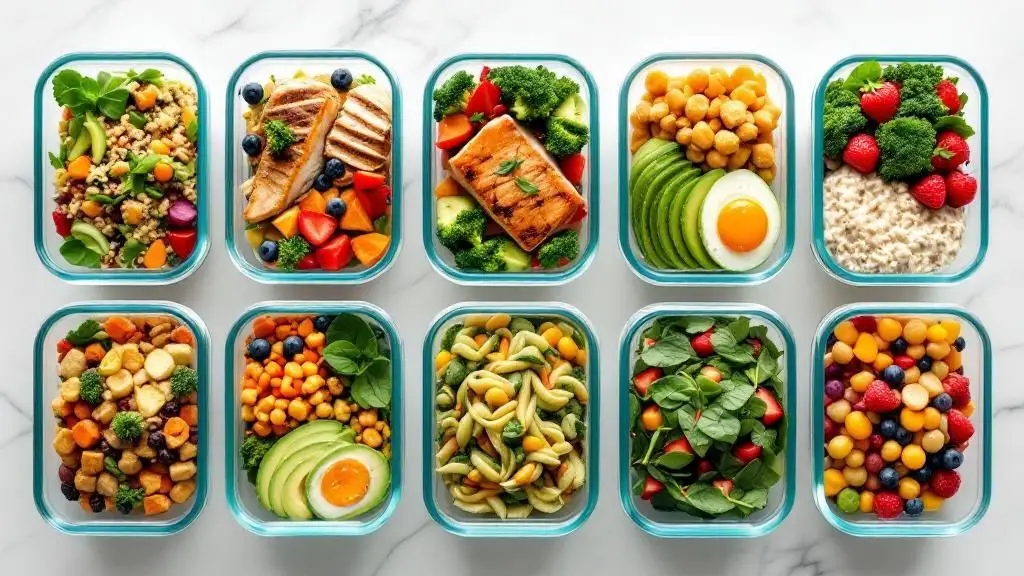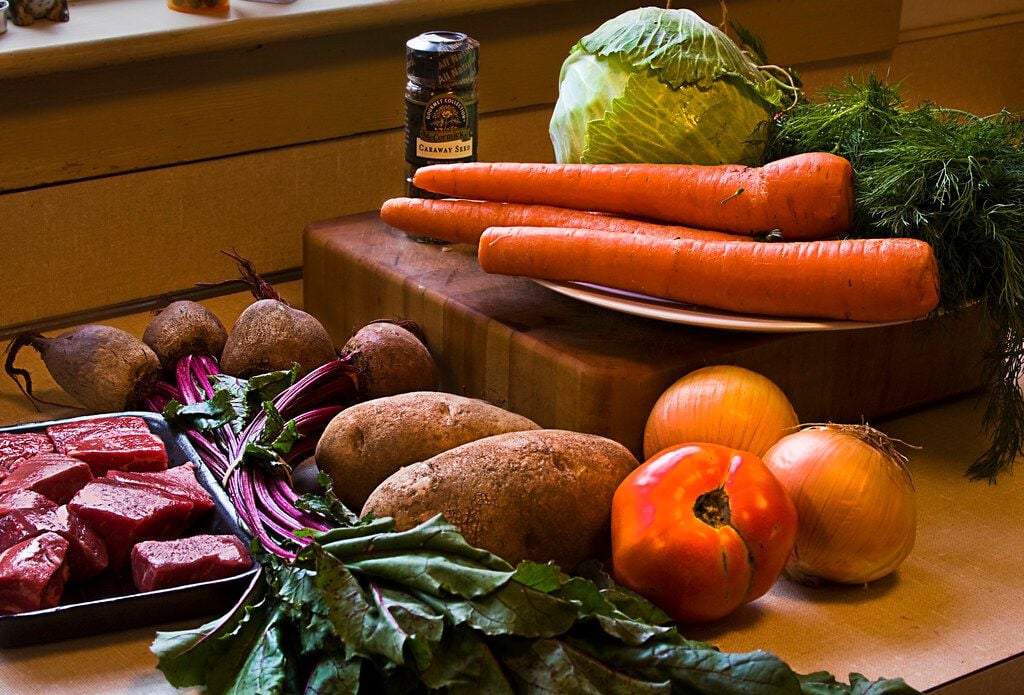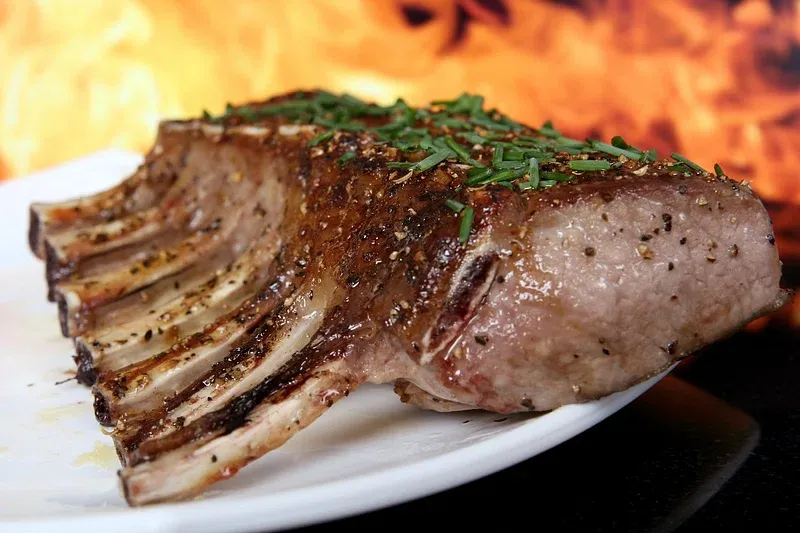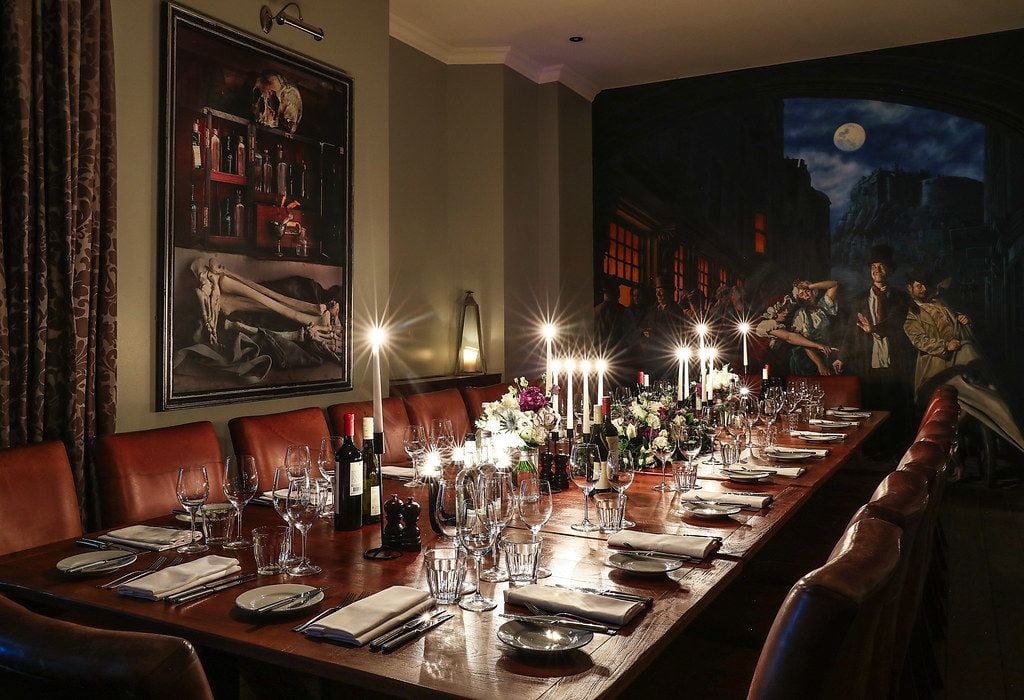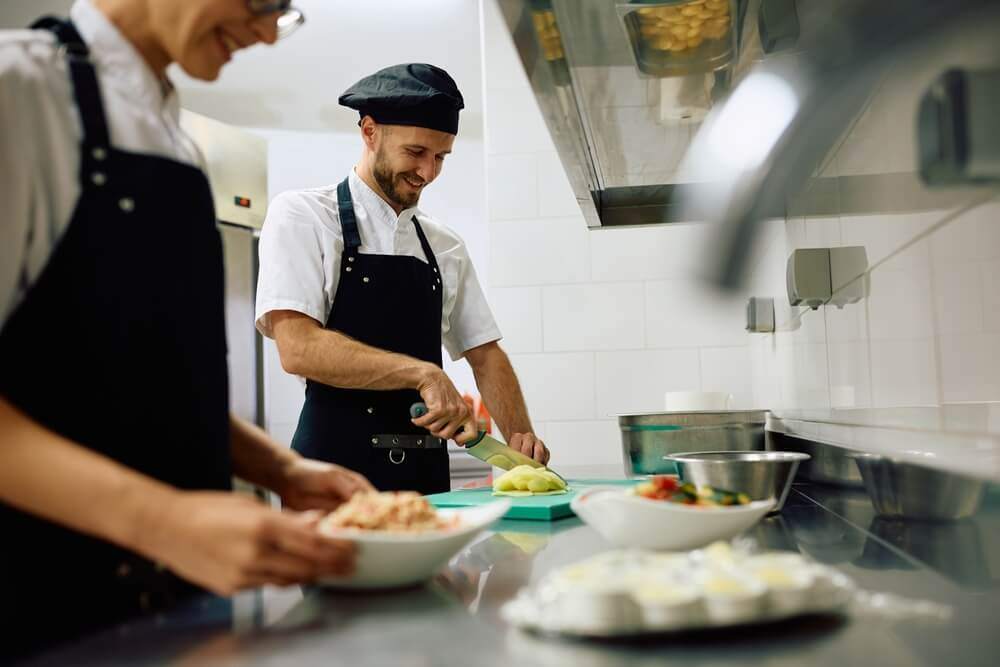
Cooking Therapy: The New Mental Health Booster
- Nov 12, 2024
The art of cooking is not just for the creatives and food enthusiasts but extends its reach to those seeking wellness. At first glance, making a meal may seem like a necessary chore, but research suggests otherwise, indicating that culinary pursuits can bring comfort, offer emotional release, and foster a sense of accomplishment. National Institutes of Health meta-analysis covering 11 studies reported that cooking could indeed make a positive contribution to mental health.
The realm of cooking therapy is far from uniform, with various techniques employed based on individual needs. Shared cooking sessions between a therapist and a patient can foster a relaxing environment, creating the ideal setting for open communication regarding one's mental health concerns, notes Hillary Ammon, Psy.D., a clinical psychologist at the Center for Anxiety & Women’s Emotional Wellness. This form of therapy extends beyond psychological health, encouraging healthier eating habits and boosting kitchen confidence. Cooking gives people a sense of purpose and pleasure, turning a routine act into a therapeutic process.
Cooking employs neurological processes, including planning and recursing steps, that act as emotional regulators, says Nicole Farmer, MD, section chief of the Dietary Behaviors and Biopsychosocial Health Section at the National Institutes of Health Clinical Center. Another aspect to cooking's mental health benefits is that it tends to increase consumption of whole foods, leading to the intake of crucial nutrients that positively affect mental health, Farmer adds.
Individuals coping with anxiety, depression, grief, psychosis, schizophrenia, and post-traumatic stress disorder, among other mental health conditions, could potentially find relief through cooking therapy. However, it's important to remember that it might not work for everyone, regardless of the numerous studies that highlight its benefits. For instance, anyone who might find planning and cooking intricate meals stressful could potentially experience negative effects. Hence, finding a balance based on what brings joy significantly influences the effectiveness of cooking as therapy.
"Is it the act of cooking? Is it cooking with family or friends? Is it the theme of the meal or trying a new ingredient? Is it the connection of eating the meal with others afterward?” Dr. Ammon asks, highlighting the many facets of the cooking experience which can be invigorating to different individuals. In essence, it is essential to center your cooking habits on what brings joy, and by doing so, it might lead to improved mental health. But if the heat of the kitchen only adds to your stress, remember it’s okay not to subscribe to this form of therapy. "Cooking will not be therapeutic for everyone,” says Yvette Sheline, M.D., director of the Center for Neuromodulation in Depression and Stress at the University of Pennsylvania Perelman School of Medicine.

